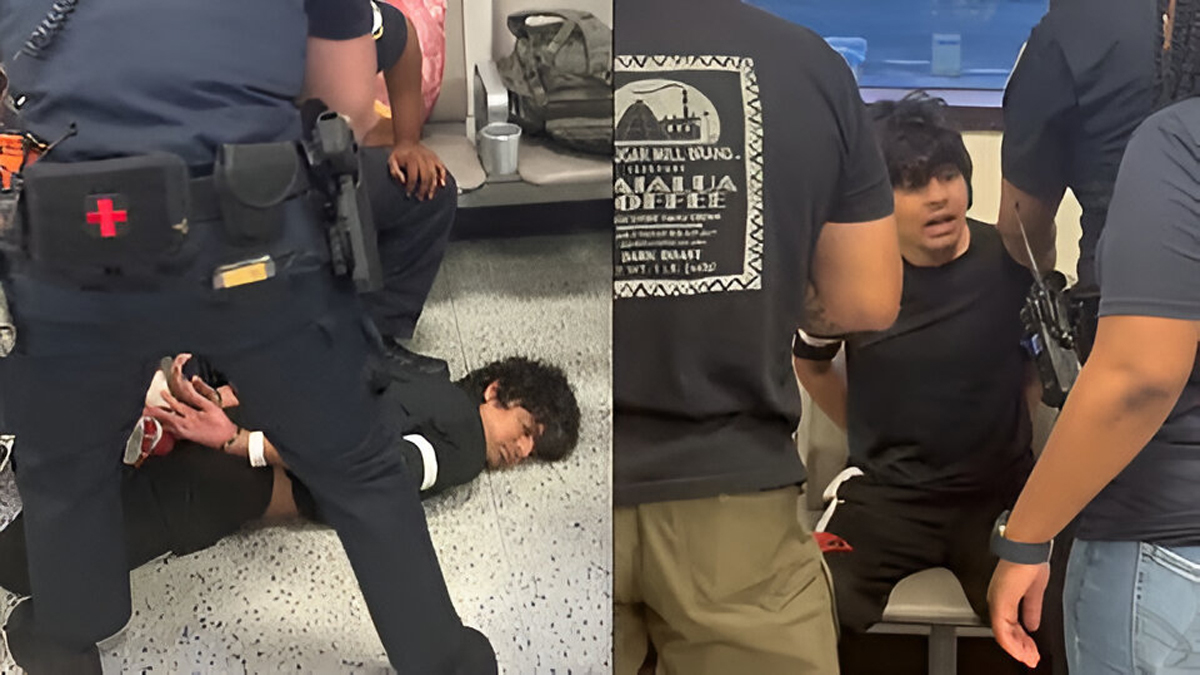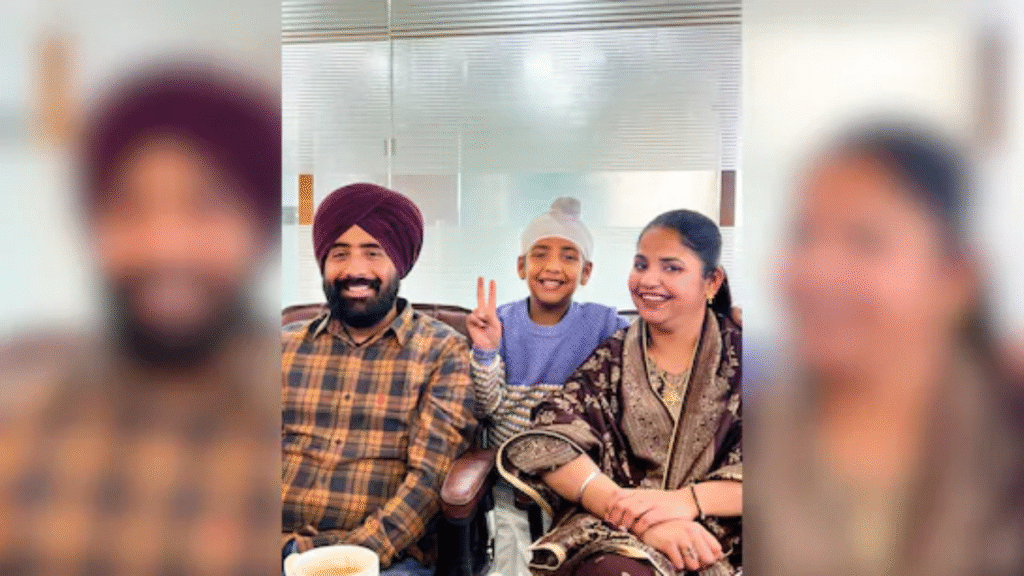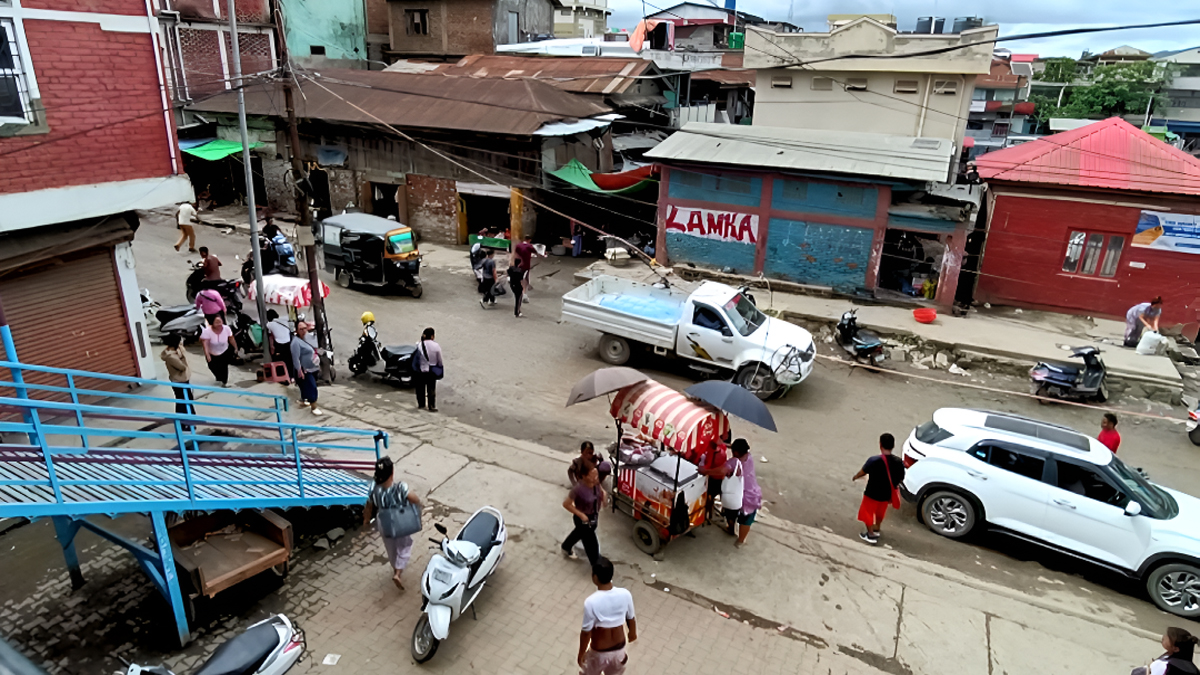Now Reading: U.S. Embassy Reiterates: Right to Visit Not Guaranteed Amid Indian Student Handcuffing Row
-
01
U.S. Embassy Reiterates: Right to Visit Not Guaranteed Amid Indian Student Handcuffing Row
U.S. Embassy Reiterates: Right to Visit Not Guaranteed Amid Indian Student Handcuffing Row

The United States Embassy in India has issued a firm reminder that a visa does not guarantee entry into the U.S., a message that comes amidst a viral social media storm surrounding the alleged handcuffing and deportation of an Indian student at Newark Liberty International Airport. While expressing concern for the student’s welfare, the Embassy and relevant U.S. authorities have underscored the prerogative of U.S. Customs and Border Protection (CBP) to deny entry based on a range of factors, emphasizing that the “right to visit” is not inherent.
The incident, which gained significant traction online after a witness shared disturbing visuals of an Indian student being restrained and crying, has sparked outrage and renewed scrutiny over the treatment of international students at U.S. ports of entry. The Indian Consulate General in New York has confirmed being in touch with local authorities regarding the matter, affirming its commitment to the welfare of Indian nationals.
However, the U.S. Embassy’s broader message stresses that obtaining a visa is merely an authorization to travel to a U.S. port of entry. The final decision on admission rests with immigration officials, who are tasked with ensuring compliance with all U.S. immigration laws. This includes verifying the intent of the traveler, the validity of their documents, and assessing any potential risks.
Recent advisories from the U.S. Embassy have repeatedly cautioned Indian students about strict adherence to visa conditions, particularly for F-1 student visas. These warnings have highlighted that even minor violations, such as inconsistent class attendance, dropping out of a program without proper notification, or engaging in unauthorized employment, can lead to visa revocation and deportation. The heightened scrutiny, particularly under the current administration, has led to a significant increase in visa cancellations, often with little prior notice.
Furthermore, the U.S. government has made it clear that social media activity can now be a significant factor in visa denials and revocations. Posts deemed to support anti-Semitic terrorism or other anti-Semitic activities, for example, can be considered a “negative factor” in immigration benefit determinations. There have also been instances where a lack of social media presence or restricted access to accounts has been viewed as suspicious, creating a “penalized if you do, penalized if you don’t” dilemma for some applicants.
Common reasons for denial of entry or visa rejection for international students often include:
- Insufficient Funds: Inability to provide convincing proof of financial resources to cover tuition and living expenses.
- Lack of Ties to Home Country: Failure to demonstrate strong intentions of returning to India after completing studies.
- False Intentions or Misrepresentation: Inability to clearly articulate the purpose of their visit, chosen course, or university.
- Academic Record Issues: Poor academic performance or lack of justifiable reasons for it.
- Previous Visa Violations: Any prior history of overstaying a visa or violating immigration laws.
- Interview Performance: Inability to answer questions honestly, confidently, or consistently during the visa interview.
- Security Concerns: Any information that raises security concerns, including social media activity.
The recent incident serves as a stark reminder for all aspiring and current Indian students in the U.S. to thoroughly understand and strictly comply with U.S. visa regulations. While the pursuit of higher education in the U.S. remains a popular dream for many, the evolving immigration landscape necessitates extreme caution, transparency, and meticulous adherence to all stipulated requirements to avoid potential challenges at the border.










